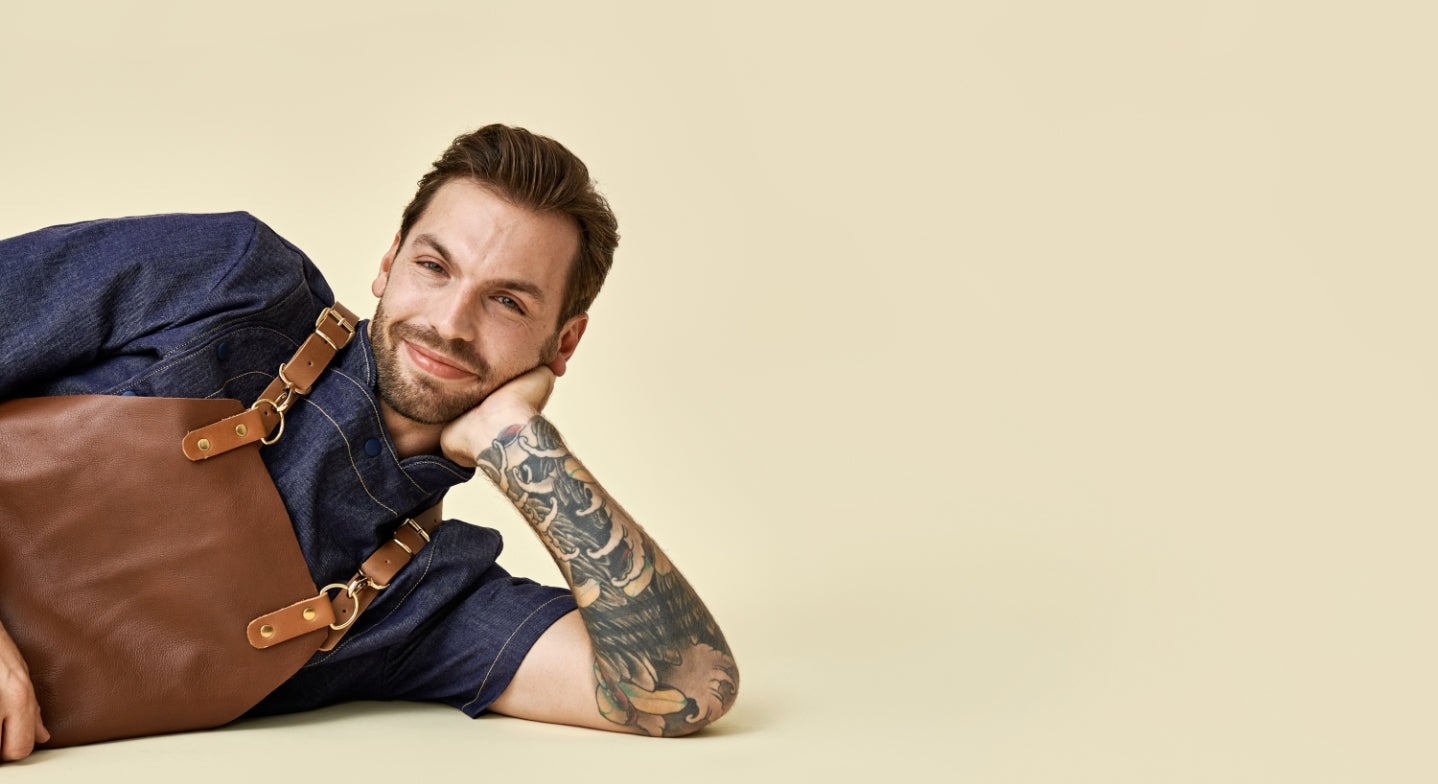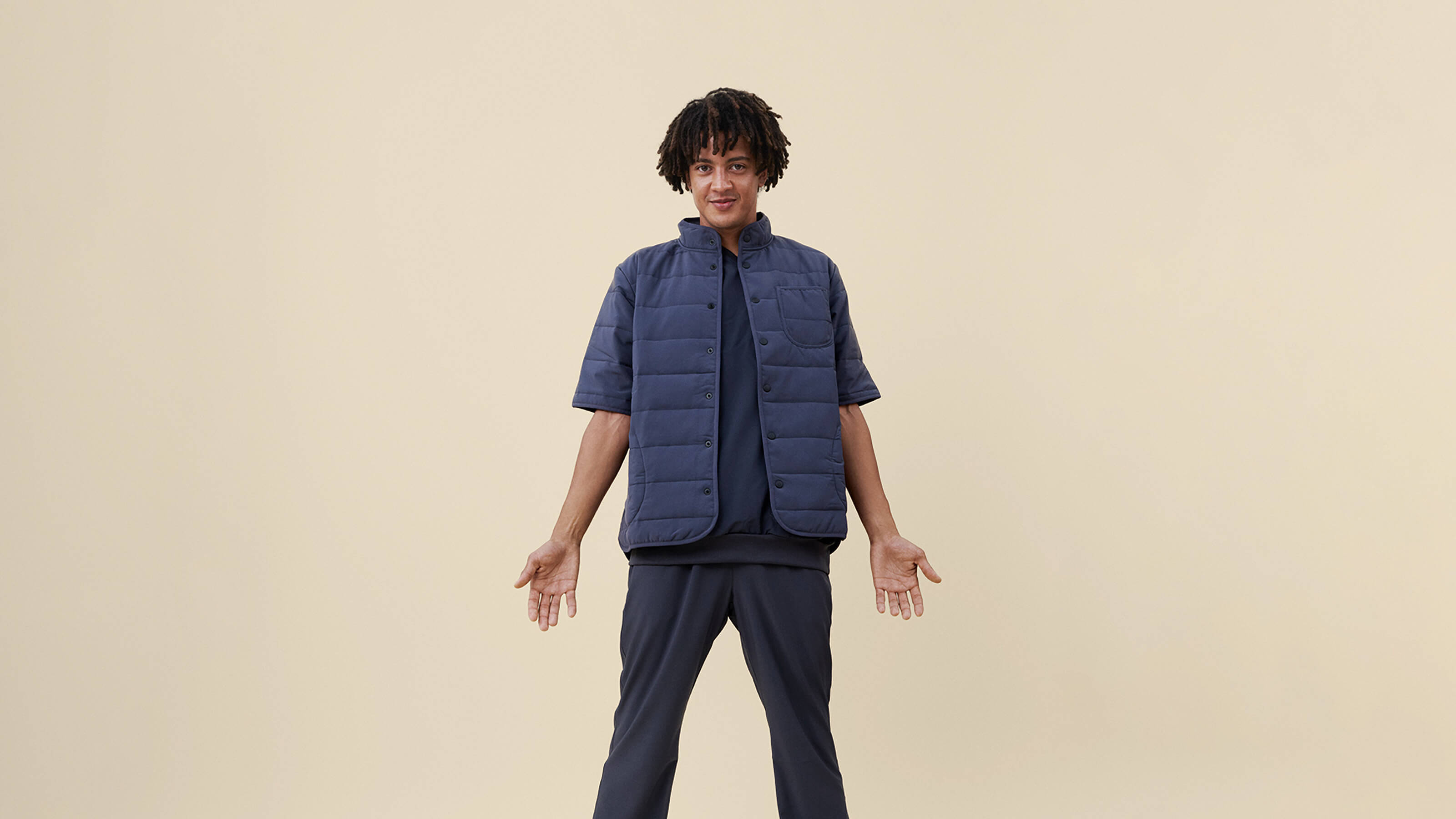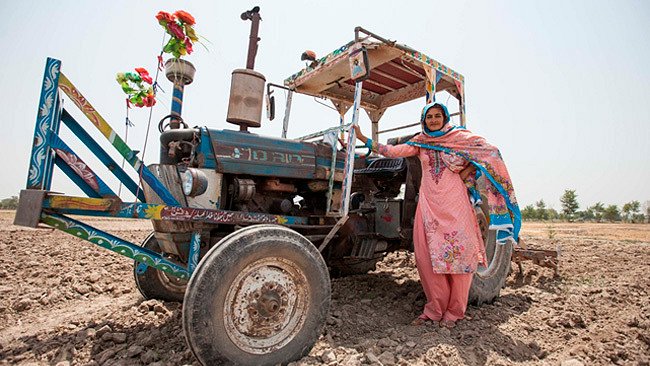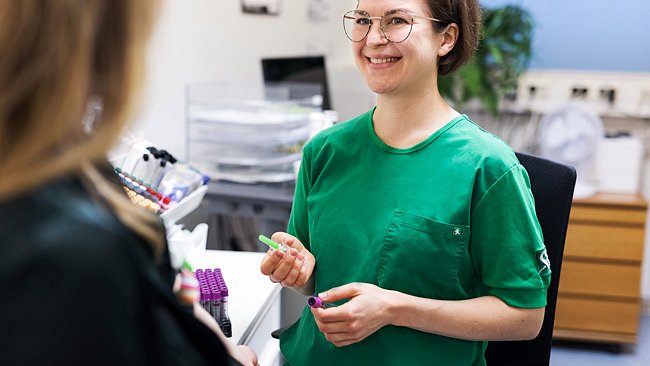
Responsible cotton is one step in Medanta's enthusiasm for creating a more sustainable textile industry. Medanta, which has joined the world's largest sustainability program, BCI, is constantly searching for and developing more ecological materials - its thoughts are already turning to increasingly environmentally friendly innovations.
Cotton farming is a brutal business in Pakistan at its worst. Conditions are often miserable: heat and drought are torturous, and a lot of toxic pesticides are used to protect the crop.
In Pakistan, about one and a half million farmers make their living from cotton. To earn even a modest living, farmers toil in the fields from early morning until dark. It is mainly the political elite that gets rich from the white gold.
However, the situation is changing, and the change has been spearheaded by a group of determined Pakistani women farmers who are part of the Better Cotton Initiative (BCI), an international cotton standards system established in 2005 to improve the sustainability of cultivation and production and improve farmers' livelihoods.

One of the role models for the new generation of farmers is 27-year-old Almas Parveen , who runs a nine-hectare responsible cotton farm in Punjab, Pakistan, inherited from his father. He follows Better Cotton standards on his farm: BCI trains farmers in lighter farming methods that reduce the use of chemicals and fertilizers and conserve water.
BCI also advises locals on respecting biodiversity and improving working conditions. Parveen tells the Better Cotton Initiative website that the more she learned about more sustainable farming, the more she wanted to share what she had learned with other farmers. Parveen’s path as a young woman pursuing her dreams in a patriarchal country has not been easy, and she initially faced a lot of resistance.
With her hard work and productive cotton fields, Parveen began to be heard. Cotton is the mainstay of many small rural communities. Farmers began to understand that by committing to the BCI program, they could improve their economic development and well-being.
Responsible cotton improves the world
The Better Cotton Initiative is the world's largest sustainability program, with standards used in 24 countries. Some of the more ecological cotton grown by Parveen may end up in Finland – and who knows, in the fabrics of workwear company Medanta.
Medanta, a manufacturer of high-quality and antibacterial workwear, joined BCI in 2019. Medanta is the world's first lightweight workwear manufacturer to be a member of the BCI program - and the third Finnish textile company to become a member after Marimekko and the S Group.
“Strong farmers like Parveen are great examples of how the Better Cotton Initiative’s sustainability program can make global cotton production better for producers, the environment, and the future of the entire industry,” say Medanta’s owners, CEO Anu Kivelä and Production Director Taina Steiner .
BCI's goal this year is for 30 percent of the world's cotton to come from its farmers and for five million farmers to participate in the program.

All raw materials are traceable
Founded in 2008, Medanta is known as an innovative clothing company, especially in the healthcare and hospitality industries. The company employs 19 people and its turnover is growing rapidly.
With growth, Anu Kivelä and Taina Steiner wanted to create an ambitious sustainability program for Medanta, even though sustainability has been part of the company's DNA since the beginning.
"Sustainability is at the heart of our core values and all our operations. It is important to us that our actions and supply chain are transparent. The cotton in our clothes is responsibly sourced BCI cotton, and we are able to accurately track, for example, what proportion of the polyester in our fabrics is recycled and what is new," says Kivelä.
"You shouldn't make promises you can't stand behind. You should be able to look yourself in the mirror and go to bed with a clear mind. I would even say that you can't do good business without responsibility," Steiner says.

Responsible clothing lasts for years
Medanta's responsibility starts at the designer's desk: the functionality and durability of products are constantly improved, while minimizing fabric waste.
"The selection of raw materials for our materials is based on sustainability. The garment must withstand hot institutional washing and retain its color. High quality gives the textile a longer lifespan and places less strain on the environment," says Kivelä.
There has been a heated debate about sustainability in the fashion industry recently. With big brands launching up to 12 different collections a year, it is clear that a huge amount of clothes are also going unsold. The fashion business has also accustomed people to the idea that everything is available immediately off the shelf.
“We have even had to explain to our customers that we always design our fabrics from the raw materials – and that takes a while. We only make clothes for what is needed. Our clothes are of high quality, and they can easily last for four years with heavy use,” says Steiner.

Kivelä reminds us that the biggest environmental impact of clothing comes from washing and maintenance. In Finland, over 70 million kilograms of textile waste are generated annually. However, the burden of workwear is significantly lower than that of fashion products.
“The carbon footprint of industrial washing is smaller than home washing – it saves significantly on water, energy and detergent compared to a home washing machine. Our antimicrobial fabrics do not need to be washed every time, but can be wiped clean of spills in the kitchen, for example. Our fabrics dry quickly and smoothly without tumble drying or ironing.”
Biodegradable fabric and smart clothing in development
Medanta fabrics come from factories in China and Europe that generate all their own energy. The factories have their own water treatment plants, recycle used water, and have environmentally friendly recycling processes for all chemicals, such as dyes.
Taina Steiner and Anu Kivelä have visited the factories countless times, but they have received great help in finding the highest quality fabric manufacturers and the latest technology from Italian textile engineer Matteo Vallarsa , who has worked for Medanta since 2017.
Steiner describes Vallarsa as a textile pioneer and a walking knowledge bank, constantly searching for the most sustainable innovations and production methods in the industry. Vallarsa also collaborates with Hugo Boss, Armani, Diesel and Benetton, among others.
“For example, we joined the BCI program after discussing it with Matteo. We considered options together from then on, whether we should use cotton at all anymore, and compared different raw materials. What convinced us about BCI was its transparency and comprehensiveness: when we pay for the partnership, we know what the money is being spent on,” says Anu Kivelä.

Medanta is constantly developing and searching for new textiles made from recycled materials. The 2019 launch was the environmentally friendly Eco Denim fabric. Its raw materials are plastics collected from the sea and nature and responsible BCI cotton.
"All of the production facilities we use have an Oeko-Tex certificate, ISO quality and environmental standards, and they comply with the International Labor Organization's ILO guidelines regarding occupational safety, labor, and working conditions. We are also involved in several development projects where we are looking for a sustainable solution for recycling," Kivelä and Steiner say.
Among the products under development and research is an antimicrobial fiber that is biodegradable and is created as a result of processing plastic granulate and resin.
"I hope the invention will have commercial potential as soon as possible. It would be great if in the next few years we could bury end-of-life workwear in the ground. The textile industry cannot be imagined to be any greener than this with current resources. For us, it is not just a dream, but a realistic goal and objective."

















Leave a comment
This site is protected by hCaptcha and the hCaptcha Privacy Policy and Terms of Service apply.